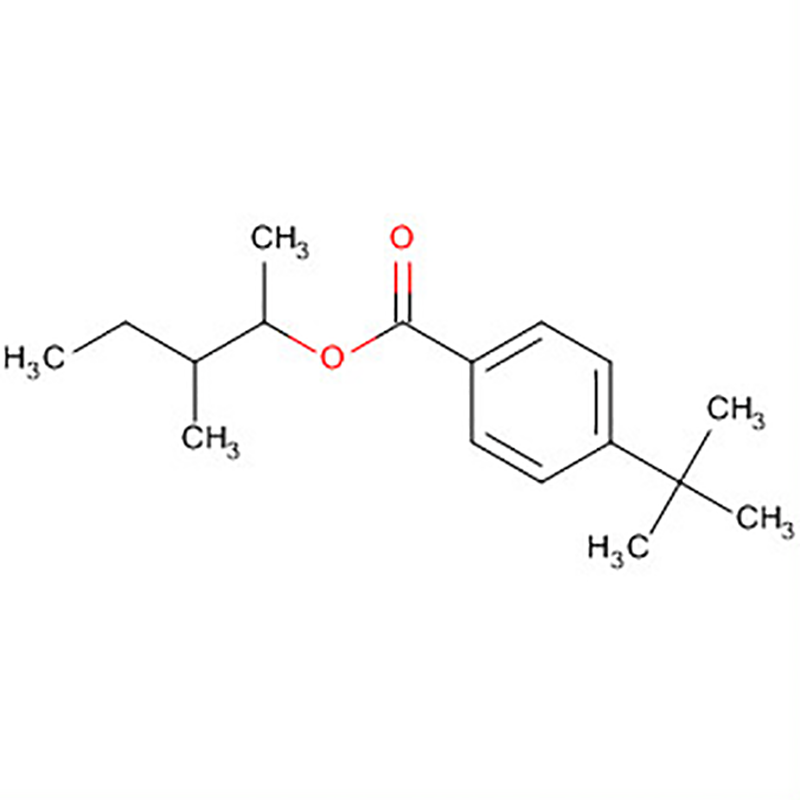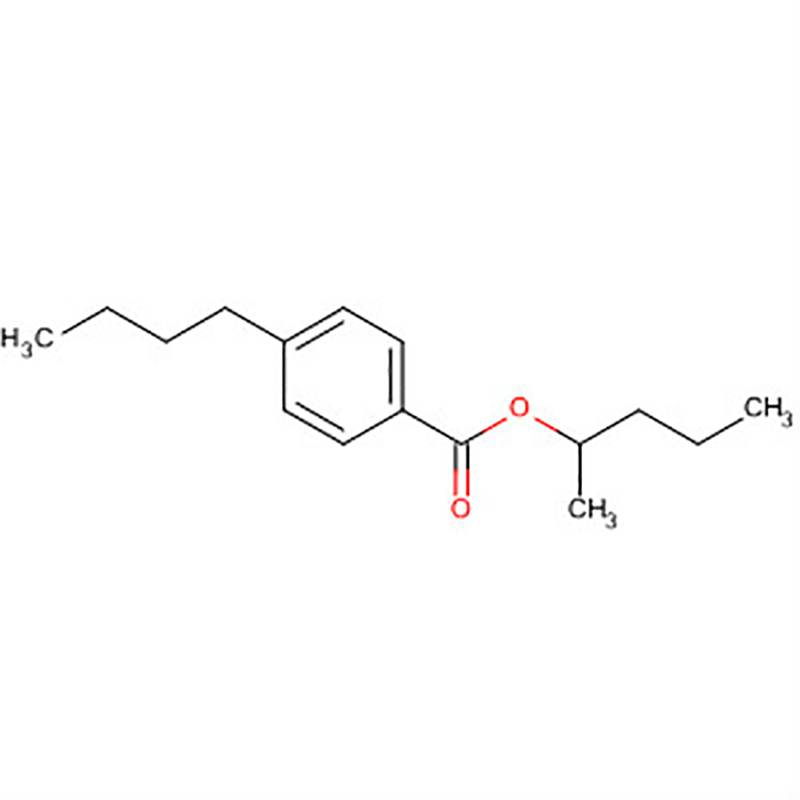-
Categories
-
Pharmaceutical Intermediates
-
Active Pharmaceutical Ingredients
-
Food Additives
- Industrial Coatings
- Agrochemicals
- Dyes and Pigments
- Surfactant
- Flavors and Fragrances
- Chemical Reagents
- Catalyst and Auxiliary
- Natural Products
- Inorganic Chemistry
-
Organic Chemistry
-
Biochemical Engineering
- Analytical Chemistry
-
Cosmetic Ingredient
- Water Treatment Chemical
-
Pharmaceutical Intermediates
Promotion
ECHEMI Mall
Wholesale
Weekly Price
Exhibition
News
-
Trade Service
[Pharmanet Market Analysis] Recently, PathAI and GlaxoSmithKline (GSK) jointly announced that the two parties have entered into a multi-year strategic research and development cooperation, which will use PathAI's digital pathology technology platform (including its AIM-NASH tool) to accelerate oncology and non- Scientific research and drug development programs in alcoholic steatohepatitis (NASH)
.
With the help of artificial intelligence to accelerate development, it is emerging in the pharmaceutical industry (picture source: Pharmaceutical Network) It is understood that due to the long time, high cost, low success rate of research and development, long payback period, and high risk of new drug research and development; With the continuous development of science and technology, more and more companies and researchers have begun to apply "artificial intelligence" to pharmaceutical R&D and marketing
.
Attempts to further improve the success rate of new drug research and development through artificial intelligence technology AI algorithms, reduce manufacturing costs and research and development time
.
At present, on the whole, artificial intelligence can be said to have become a popular investment track for enterprises in the pharmaceutical and medical industry.
A large number of pharmaceutical giants, including Pfizer, Novartis, AstraZeneca, Takeda, etc.
have begun to try to invest in artificial intelligence companies, and Artificial intelligence enterprises cooperate to make more beneficial attempts in reducing costs, shortening R&D cycles, and reducing risks
.
At present, the industry generally believes that the investment and layout of artificial intelligence in the future will gradually become an important part of the competition of pharmaceutical giants
.
It is worth noting that pharmaceutical equipment is an important means of pharmaceutical production, which represents the level of production in the pharmaceutical industry and affects the improvement of drug quality
.
Therefore, as an important part of the pharmaceutical industry, industry insiders proposed that the pharmaceutical equipment industry also needs to use artificial intelligence to upgrade intelligently
.
It is understood that the needs of downstream customers in the pharmaceutical equipment industry are becoming more complex with the influence of policies and markets, requiring equipment with better reliability, higher stability and less downtime; Equipment with too complex solutions has been difficult to meet the needs of customers, and the pharmaceutical equipment industry has become the general trend to upgrade in the direction of automation, intelligence and information
.
In fact, the current equipment oriented towards automation, intelligence and a new generation of artificial intelligence has begun to appear on the stage, which can save labor costs and improve work for traditional manufacturing enterprises through the advantages of efficiency and convenience, and quickly respond to customer customization needs.
efficiency
.
For example, in recent years, a large number of pharmaceutical equipment companies are making efforts in the direction of artificial intelligence
.
Among them, some companies have upgraded the spray camera recognition and early warning system, and equipped with image and video recognition technology.
On the basis of reducing user costs, improving product qualification rate and production safety, it can also monitor the feed atomization system in advance.
When an abnormality occurs, the operator is alerted, thereby eliminating the risk of explosion
.
There are also compressor manufacturers using full digital traceability systems, intelligent sensors, visual inspection, automatic monitoring systems, etc.
, to help pharmaceutical companies improve their production quality control systems, increase labor productivity by 30%, and meet customer needs
.
In addition, some companies plan to build a two-way "Future Factory" from the aspects of digital twin technology, intelligent production, digital management, networked collaboration, and personalized customization.
More high value-added services
.
In general, with the continuous development of the pharmaceutical industry with the help of artificial intelligence and the continuous transformation and upgrading of the pharmaceutical equipment industry, more and more pharmaceutical equipment companies will vigorously develop in the direction of "unmanned, less humanized, and intelligent"
.
At the same time, the trend of intelligence will gradually become the long-term development direction of pharmaceutical equipment enterprises
.
Disclaimer: Under no circumstances does the information or opinions expressed in this article constitute investment advice to anyone
.
.
With the help of artificial intelligence to accelerate development, it is emerging in the pharmaceutical industry (picture source: Pharmaceutical Network) It is understood that due to the long time, high cost, low success rate of research and development, long payback period, and high risk of new drug research and development; With the continuous development of science and technology, more and more companies and researchers have begun to apply "artificial intelligence" to pharmaceutical R&D and marketing
.
Attempts to further improve the success rate of new drug research and development through artificial intelligence technology AI algorithms, reduce manufacturing costs and research and development time
.
At present, on the whole, artificial intelligence can be said to have become a popular investment track for enterprises in the pharmaceutical and medical industry.
A large number of pharmaceutical giants, including Pfizer, Novartis, AstraZeneca, Takeda, etc.
have begun to try to invest in artificial intelligence companies, and Artificial intelligence enterprises cooperate to make more beneficial attempts in reducing costs, shortening R&D cycles, and reducing risks
.
At present, the industry generally believes that the investment and layout of artificial intelligence in the future will gradually become an important part of the competition of pharmaceutical giants
.
It is worth noting that pharmaceutical equipment is an important means of pharmaceutical production, which represents the level of production in the pharmaceutical industry and affects the improvement of drug quality
.
Therefore, as an important part of the pharmaceutical industry, industry insiders proposed that the pharmaceutical equipment industry also needs to use artificial intelligence to upgrade intelligently
.
It is understood that the needs of downstream customers in the pharmaceutical equipment industry are becoming more complex with the influence of policies and markets, requiring equipment with better reliability, higher stability and less downtime; Equipment with too complex solutions has been difficult to meet the needs of customers, and the pharmaceutical equipment industry has become the general trend to upgrade in the direction of automation, intelligence and information
.
In fact, the current equipment oriented towards automation, intelligence and a new generation of artificial intelligence has begun to appear on the stage, which can save labor costs and improve work for traditional manufacturing enterprises through the advantages of efficiency and convenience, and quickly respond to customer customization needs.
efficiency
.
For example, in recent years, a large number of pharmaceutical equipment companies are making efforts in the direction of artificial intelligence
.
Among them, some companies have upgraded the spray camera recognition and early warning system, and equipped with image and video recognition technology.
On the basis of reducing user costs, improving product qualification rate and production safety, it can also monitor the feed atomization system in advance.
When an abnormality occurs, the operator is alerted, thereby eliminating the risk of explosion
.
There are also compressor manufacturers using full digital traceability systems, intelligent sensors, visual inspection, automatic monitoring systems, etc.
, to help pharmaceutical companies improve their production quality control systems, increase labor productivity by 30%, and meet customer needs
.
In addition, some companies plan to build a two-way "Future Factory" from the aspects of digital twin technology, intelligent production, digital management, networked collaboration, and personalized customization.
More high value-added services
.
In general, with the continuous development of the pharmaceutical industry with the help of artificial intelligence and the continuous transformation and upgrading of the pharmaceutical equipment industry, more and more pharmaceutical equipment companies will vigorously develop in the direction of "unmanned, less humanized, and intelligent"
.
At the same time, the trend of intelligence will gradually become the long-term development direction of pharmaceutical equipment enterprises
.
Disclaimer: Under no circumstances does the information or opinions expressed in this article constitute investment advice to anyone
.







